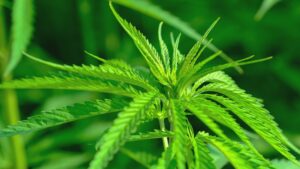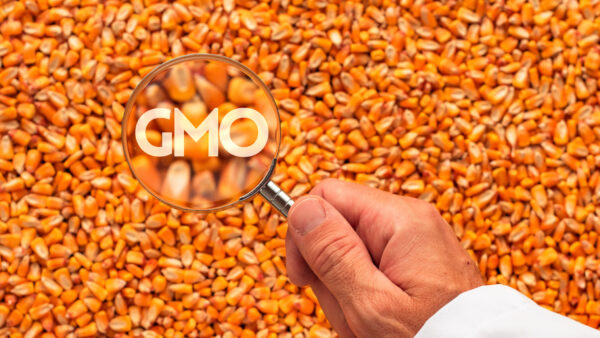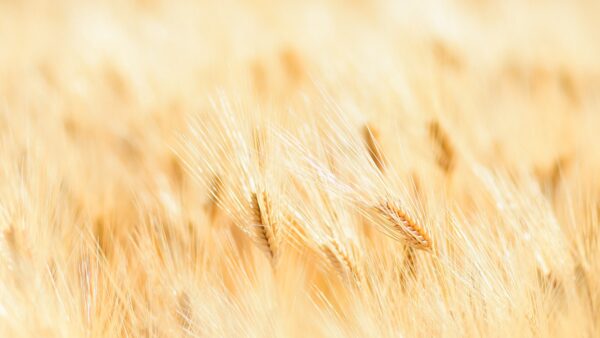Hemp may be the solution to a lot of our challenges….
Need a substitute for paper? Try hemp. Searching for an alternative to plastic? Look at hemp. As a crop, industrial hemp has many uses, including paper, textiles, biodegradable plastics, construction, health food, and fuel. The crop can be used to produce strong, durable and environmentally friendly plastic substitutes, and thousands of products made from petroleum-based plastics can be produced from hemp-based composites. And with more and more countries legalizing the use of recreational, and especially the medical use of cannabis, the interest in the crop has been soaring. Therefore, it comes as no surprise that also education efforts in this sector are stepping up. One of those courses is the annual Hemp Breeding and Seed Production course, which will take place on October 27 and 28, 2020 in Davis, CA, U.S., organized by the UC Davis Seed Biotechnology Center (or delivered online due to covid). With the increased focus on breeding for industrial hemp and cannabis, European Seed spoke with Rale (Radiša) Gjuric, Director of the UC Davis Plant Breeding Academy, to get his take on the ins and outs of this new course and the risen interest in the crop.
European Seed (ES): Rale, why was it necessary to develop such a course in this period?
Rale Gjuric (RG): We have been watching the development in the hemp industry for some time. The crop was legal in some states, illegal in others, and completely illegal at the federal level. Despite uncertainties, some companies were doing relatively good business. That created expectations that once the crop is legal, it would be a big and lucrative business. The “green rush” attracted many new entrants into the hemp industry including in the areas of breeding and seed production. There was obvious need for information, knowledge of plant breeding concepts and seed production practices and how these are applied to hemp.
ES: This is the second edition. What were the experiences with the first edition?
RG: The experience with the first edition was overwhelmingly positive. We filled the class with motivated participants and brought in the leading experts from academia and industry. The course evaluation showed a great level of satisfaction.
“The organization of the course brought interesting challenges. We originally targeted around 65 participants. In the end, we had 165 participants and an additional 200 on the waiting list. We had to change the venue and adjust the logistics to accommodate such a great number of participants. The level of interest was unprecedented, and the excitement and enthusiasm exhibited by both participants and instructors during the two-day course was palpable,” says Julie Tillman, Program Representative.
ES: Who is the course intended for?
RG: The course was intended for individuals and companies involved or interested in hemp breeding and seed production. It attracted a much wider audience. We had representatives from governments, seed certification agencies, hemp producers and processors, etc. It may have been the first course of this kind.
ES: What will participants learn?

RG: We cover lots of ground. The lectures range from understanding secondary metabolites (cannabinoids, terpenes, etc.), seed physiology, intellectual property protection, seed certification. The core topics are covered extensively. Hemp breeding includes genetics of different traits, genetic diversity, breeding strategies, type of varieties, etc. Production of hemp seed includes many aspects on reproductive biology with special emphasis on production of “feminized” hemp seed.
ES: With cannabis being a dioecious crop, is the breeding any different from other crops?
RG: One can say that the basic principles are the same for all crops. The breeding strategies are greatly affected by the reproductive system and objectives. Spinach is a major crop which is dioecious. Hemp is unique with several reproductive options, i.e. dioeciousness, clonal propagation, production of feminized seed, or combinations of these. Hemp breeders have many opportunities and challenges.
ES: Cannabis strains and products currently available to consumers are questionable in terms of their genetic purity. How to improve this?
RG: There are several factors that contribute to that. Hemp is a dioecious crop, exhibiting a strong inbreeding depression. These factors prevent the development of very pure line varieties. Traditional hemp grain and fiber varieties are population varieties.
In addition, there was a strong demand for feminized seed of CBD hemp. In absence of a regulatory framework, it allowed sales without respect to standards that normally applied to seed. The breeding history of this type of hemp is very short. I would like to underline that there is no technical barrier to better uniformity in hemp. It will take little bit of time with a combination of competition and regulation. We are already seeing improvements.
ES: The certification system for industrial hemp is more advanced. Can the cannabis industry learn from the experiences in industrial hemp?
RG: For sure! However, it is hard to say to what extent the two crops will be similar in terms of certification requirements. Although biologically identical, cannabis will not have the range of utility and require scalable reproduction such as in industrial hemp.
ES: Industrial hemp produces 4 times the raw material than trees for paper making and can have 1-3 cycles per season. Could hemp paper mitigate deforestation?
RG: Absolutely. And not only paper. Hemp bast fiber shows potential to be a renewable source for many industrial materials used in construction, manufacturing, etc.
ES: How sustainable is hemp production?
RG: The pesticide use is very low. As a new crop, it has few challenges in terms of pests and insects, but also few pesticides options. Nutrient use efficiency is great, uptake is not excessive, like high yielding wheat. Organic production is common and in demand especially in grain and medicinal hemp.












